For the first time in the term, the Prime Minister, Deputy Prime Ministers and 21 Ministers and heads of sectors directly answered questions from National Assembly deputies. The National Assembly had many "fiery" sessions during 2.5 days of frank and responsible exchanges on many issues of national security and people's livelihood.
The National Assembly has identified innovation in supervisory activities as one of the key focuses and this has been demonstrated throughout. Supervision, post-supervision or assessment of the implementation of promises by Government members and heads of sectors are always considered important by the National Assembly in order to contribute to enhancing the effectiveness and efficiency of the implementation and execution of tasks, meeting the development requirements of the country.
With the spirit of early and remote initiative, the preparation for organizing the question and answer session was carefully considered, especially the meeting with the participation of National Assembly Chairman Vuong Dinh Hue and Prime Minister Pham Minh Chinh on October 30, to exchange and discuss to find the most effective question and answer method. Through supervision, agencies can find appropriate solutions, close to the practical situation, closely following the Party's leadership, helping the country overcome the difficult period and continue to develop.

The question and answer session at the 6th Session took place from November 6 to the morning of November 8.
Therefore, the question and answer session at the 6th Session of the 15th National Assembly that just took place successfully was assessed as "innovative", "special", even "unprecedented" when considering the scope of the question and the way it was conducted, looking back at more than half of the term.
For the first time, the National Assembly did not question groups of issues but questioned the implementation of 10 Resolutions of the 14th National Assembly and from the beginning of the 15th National Assembly's term to the end of the 4th Session on thematic supervision and questioning, including 4 areas: General and macro-economics; Sectoral economics; Culture and society; Justice, Internal Affairs, and State Audit.
That means the National Assembly will question the implementation of promises and commitments of members of the Government, the Chief Justice of the Supreme People's Court, the Chief Prosecutor of the Supreme People's Procuracy, and the State Auditor General in implementing the above resolutions, following the principle of attaching importance to monitoring issues after monitoring. In other words, all "industry commanders" may have to "sit in the hot seat".
In order to make a comprehensive and objective assessment, before the day of the question and answer session, in addition to the results achieved, the Secretary General of the National Assembly sent to the National Assembly deputies a summary report of the remaining issues, limitations, tasks that have not been implemented, not fully implemented or have not changed according to the requirements of the National Assembly Resolution on thematic supervision and question and answer.
More than 70 issues in 21 fields were listed, of which the field with the most issues included 5, and the field with the least was 1. This important source of information also helped the content of the questioning to be raised in the central and key parliament hall under the monitoring of voters and people through live radio and television.

Prime Minister Pham Minh Chinh answers questions from National Assembly deputies.
Reality has proven that the above innovations are prerequisites for the success of the mid-term question and answer session. After 2.5 days, 457 National Assembly deputies registered to participate in the question and answer session; 152 National Assembly deputies exercised their right to question, of which 39 deputies debated. The remaining 310 deputies registered to question, 15 deputies registered to debate but have not been questioned, the debate will send questions to members of the Government and heads of sectors to be answered in writing according to regulations.
The atmosphere of the question and answer session showed that the National Assembly deputies demonstrated a high sense of responsibility, carefully studied the reports, asked concise, clear, focused questions, and went straight to the point.
The opinions were very frank, asking ministers and heads of sectors to report on the work they have done, thereby finding out the causes of any problems that are still stuck in reality, and if they are at the level of the National Assembly, the National Assembly will find ways to resolve them. As for the work related to implementation, they will take note of the implementation of the ministers and heads of sectors in the coming time. Many delegates debated to the end the issues of concern if there were no satisfactory answers.

National Assembly deputies raised questions and debated at the 6th Session.
For the first time in the 15th tenure, the Prime Minister, all Deputy Prime Ministers and 21 ministers and heads of sectors directly answered questions from National Assembly deputies. Among them were those who had not held positions for long and were not subject to the recent vote of confidence because they were only approved for appointment in 2023, such as Deputy Prime Minister Tran Luu Quang and Minister of Natural Resources and Environment Dang Quoc Khanh, but they had a good grasp of their respective fields and had proposed many specific solutions.
In policy implementation, many issues require inter-sectoral participation. Therefore, many opinions emphasize that the National Assembly's questioning by field group is both a pressure and a motivation for "industry commanders" to feel the need to increase their responsibility and further enhance coordination to focus on solving problems. At the same time, right at the National Assembly forum, ministers had the opportunity to raise difficulties and obstacles so that the National Assembly could better understand and suggest solutions to overcome them with the Government, especially in building institutions and laws.
Government members and sector heads have a firm grasp of the current situation of their sectors and areas of responsibility. They have basically answered frankly, explained seriously, clarified many issues and proposed solutions to overcome them. There are legal issues that have been reported to the National Assembly for attention and not all of them are related to implementation limitations or subjective causes, but the ministers and sector heads have also frankly accepted responsibility.

Deputy Prime Minister Tran Luu Quang frankly clarified many issues raised by National Assembly deputies.
As stated by National Assembly Chairman Vuong Dinh Hue, the National Assembly acknowledges and appreciates the seriousness, openness, and sense of responsibility of Government members and sector heads in answering questions and absorbing opinions of National Assembly deputies.
The question and answer session at the 6th Session was lively and frank, true to the nature of "supervision after supervision", and was of great significance in proposing solutions to implement key tasks for the remaining half of the term. The spirit of innovation in the parliament not only enhances the effectiveness and efficiency of supreme supervision, but also helps the National Assembly and the Government fulfill their promises to voters, which is to verify that words go hand in hand with actions.
According to NAM SON (vov.vn)
Source


![[Photo] Cutting hills to make way for people to travel on route 14E that suffered landslides](https://vphoto.vietnam.vn/thumb/1200x675/vietnam/resource/IMAGE/2025/11/08/1762599969318_ndo_br_thiet-ke-chua-co-ten-2025-11-08t154639923-png.webp)








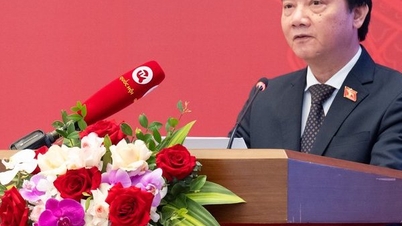

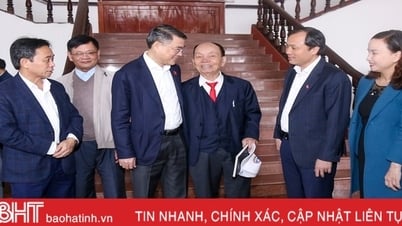



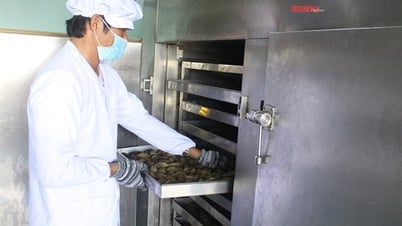













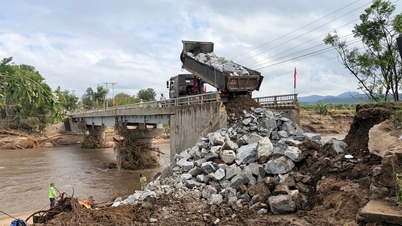
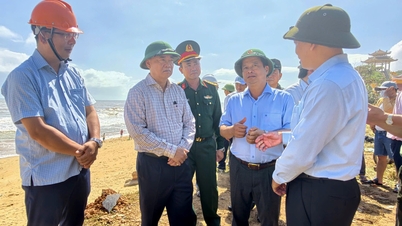
![[Photo] "Ship graveyard" on Xuan Dai Bay](https://vphoto.vietnam.vn/thumb/1200x675/vietnam/resource/IMAGE/2025/11/08/1762577162805_ndo_br_tb5-jpg.webp)







![[Video] Hue Monuments reopen to welcome visitors](https://vphoto.vietnam.vn/thumb/402x226/vietnam/resource/IMAGE/2025/11/05/1762301089171_dung01-05-43-09still013-jpg.webp)































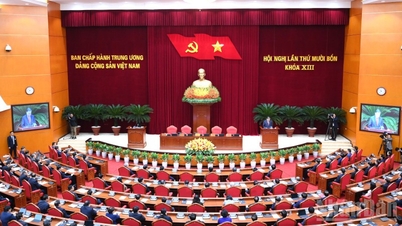















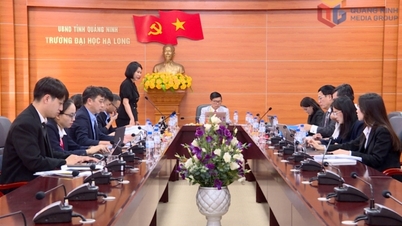
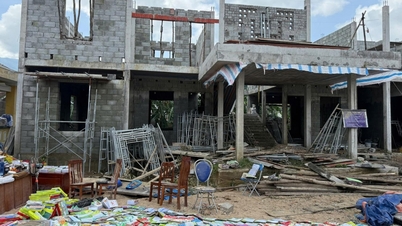



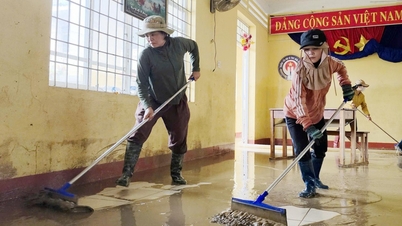













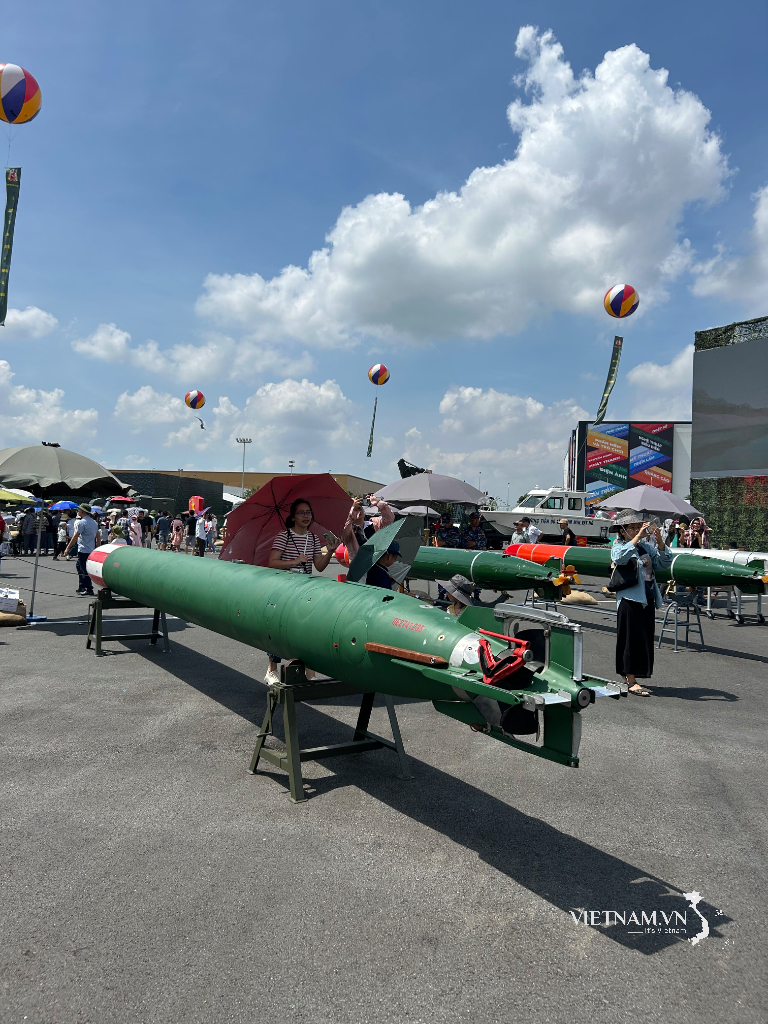



Comment (0)